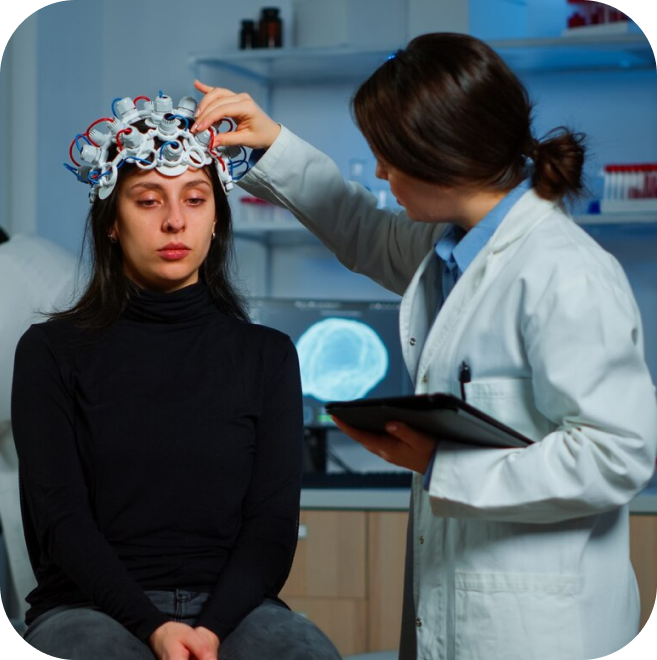
Stress Test
If you’re at risk of a heart problem, or you experience symptoms of one, you can turn to Sam Houston Heart and Vascular in Houston and Spring, Texas. Heart and vein specialist Bashir Al Kaddoumi, MD, FACC, FSCAI, offers stress tests to assess heart function and make treatment recommendations as needed. Schedule an appointment by phone or book online to determine if you’re a good candidate for a stress test.
What is a stress test?
A stress test, or exercise stress test, shows Dr. Al Kaddoumi how well your heart functions during exercise. The test allows him to detect heart and blood flow problems, so you can get the treatment you need before serious complications occur. Regularly scheduled stress tests are an important heart-disease prevention strategy.
Why might I need a stress test?
Dr. Al Kaddoumi might recommend you undergo a stress test if you have:
- Symptoms of coronary artery disease (CAD)
- Irregular heart rhythms
- Heart failure symptoms
- Other heart or blood vessel problems
Stress tests can guide Dr. Al Kaddoumi’s treatment decisions or determine if your current treatment works as designed. Stress tests show him how much exercise your heart can safely handle and whether you require additional treatments.
How should I prepare for a stress test?
Follow Dr. Al Kaddoumi’s instructions prior to undergoing a stress test. He might ask you to avoid eating or drinking anything for a specific period of time before the procedure or stop taking certain medications. If you use an inhaler, bring it with you to your stress test. Wear walking shoes and comfortable clothing, and avoid applying oils, lotions, or cream to your skin.
What happens during a stress test?
During a stress test, which might take about an hour (including prep time) to complete, your provider checks your vital signs. Dr. Al Kaddoumi places small patches, also known as electrodes, on your arms, legs, and chest. He might ask you to breathe into a special tube during the test.
You begin exercising on a stationary bike or treadmill. Start slowly and increase exercise intensity gradually, as directed by Dr. Al Kaddoumi. Continue to exercise until he tells you to stop or you experience chest pain, shortness of breath, dizziness, or fatigue.
If you’re unable to exercise, Dr. Al Kaddoumi can inject medication into your bloodstream that mimics the effects of exercise.
What happens during a stress test?
After stress testing, you can rest for a period of time with monitors in place. Dr. Al Kaddoumi reviews the results with you and lets you know if you require further diagnostic testing, vascular treatment, or medication regimen changes. You can resume a normal daily routine after each stress test, as there’s no downtime associated with the procedure.
At the first sign of shortness of breath, fatigue with exercise, heartbeat irregularities, or other unusual symptoms, schedule an appointment by phone or online with Sam Houston Heart and Vascular to determine if a stress test is right for you.



